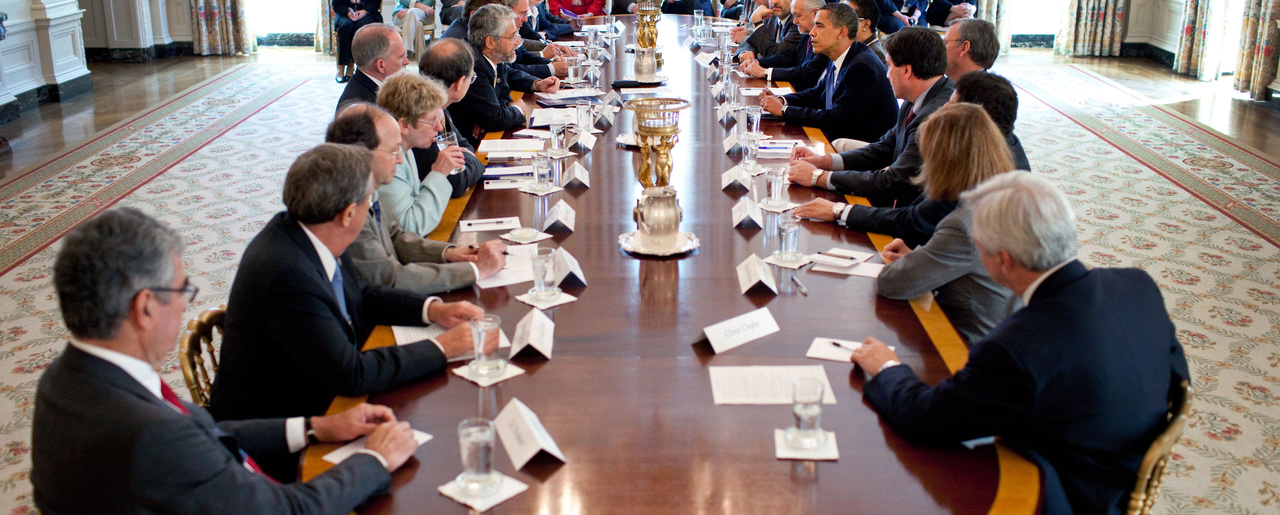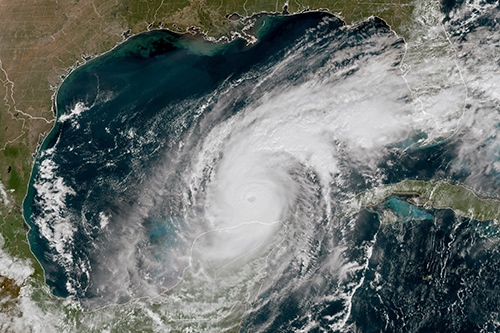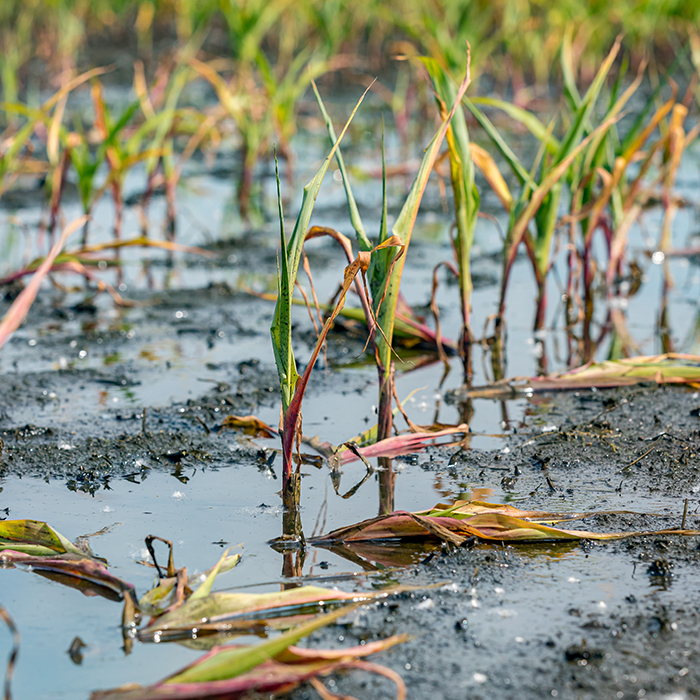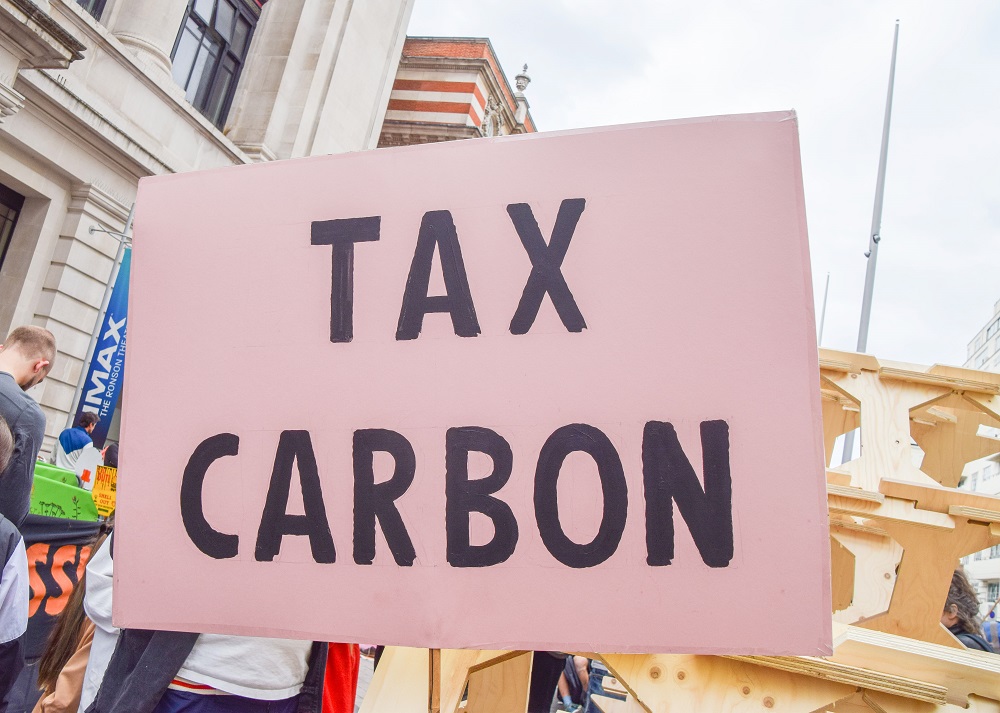
December 6, 2024
U.S. Hurricane Overview 2024
Yesterday, The Washington Post published what can only be described as a hit piece on the nominee for Secretary of Energy, Chris Wright. The Post took issue with Wright’s claim that: “[R]eports from the Intergovernmental Panel on Climate Change (IPCC) actually show no increase in the frequency or intensity of hurricanes.” The Post claimed that Wright was misrepresenting the most recent IPCC assessment report….
December 2, 2024
Partisan Professors
Faculty in U.S. universities overwhelmingly hold views on the political left. That probably won’t be news to most THB readers. Today’s post documents just how extreme today’s left-leaning ideological uniformity has become among professors and shows that in the past, across disciplines faculty were much more politically diverse. The lack of diversity among professors is…

December 2, 2024
Intellectual Hospitality and Genuine Debate
Of the American holidays, Thanksgiving is by far my favorite. Over my academic career, Thanksgiving provided a much-needed respite in the final weeks of the fall semester before the home stretch leading to final exams. Much more importantly, the Thanksgiving week is about spending time with loved ones, celebrating family traditions, gathering together around a…

November 13, 2024
Global Existential Risks
In 2022, on a bipartisan basis, the U.S. Congress passed the Global Catastrophic Risk Management Act of 2022 requiring the Department of Homeland Security to coordinate an expert assessment of global catastrophic and existential risks. The Department of Homeland Security published the first Global Catastrophic Risk Assessment two weeks ago, and reached some important — and one surprising —…

October 24, 2024
Climate Journalism Done Right
Today, The Washington Post has published a lengthy analysis titled, “The real reason billion-dollar disasters like Hurricane Helene are growing more common.”1 The article, by the Post’s Harry Stevens, is brilliantly done — extensively reported, data rich, grounded in a large body of research, with a wide diversity of voices. Watching reactions to the article will…

October 23, 2024
What Happens in Europe Does Not Stay There
U.S. climate policies, designed to yield a utopia of net-zero greenhouse gas emissions by, say, 2050, are preposterous. The costs are massive. Consumer resistance is such that important components of the policy agenda are already collapsing. The metastasizing system of financial regulations imposing penalties upon the fossil energy sector is unlikely to survive judicial scrutiny. And for what? Even if implemented fully, the entire…
October 10, 2024
The Clean Energy Transition’s Voter Problem
The future of the clean energy transition is cloudy. It’s well-known that there are disagreements—wide disagreements—between Republicans and Democrats about our energy future. But less well-known is the bedrock of public opinion on America’s energy supply, the importance of a rapid transition away from fossil fuels, and the general salience of the climate change issue….

October 7, 2024
Are Hurricanes Getting Worse?
That “climate change” — undefined and usually unquantified — is making weather patterns more adverse is a given among the chattering classes, but it always is useful to examine the actual underlying data. A prominent example appeared in a recent column in The Hill, in which reporter Rachel Frazin argues that “Climate change is making hurricanes like Hurricane Helene more…

August 5, 2024
Letter to the Editor: The Benefits of Carbon Emissions Outweigh the Costs
FacebookTwitterLinkedIn In a useful op-ed pointing out the endless series of falsehoods promoted by climate alarmists over the years (“Polar Bears, Dead Coral and Other Climate Fictions,” Aug. 1), Bjorn Lomborg asserts that “climate economics generally finds that the costs of [man-made emissions] outweigh the benefits.” That is not correct. The economic models for the most part…

July 30, 2024
Observations on the Pomerleaus’ New Argument for a Carbon Tax
Summary My colleagues Kyle Pomerleau and Shuting Pomerleau propose a “carbon”(greenhouse gas emissions) tax as a fiscal tool with which to finance an extension of theindividual income tax reductions implemented in the 2017 Tax Cuts and Jobs Act. Theyargue that such a tax would improve aggregate economic efficiency, in particular byreducing the purported negative externalities…